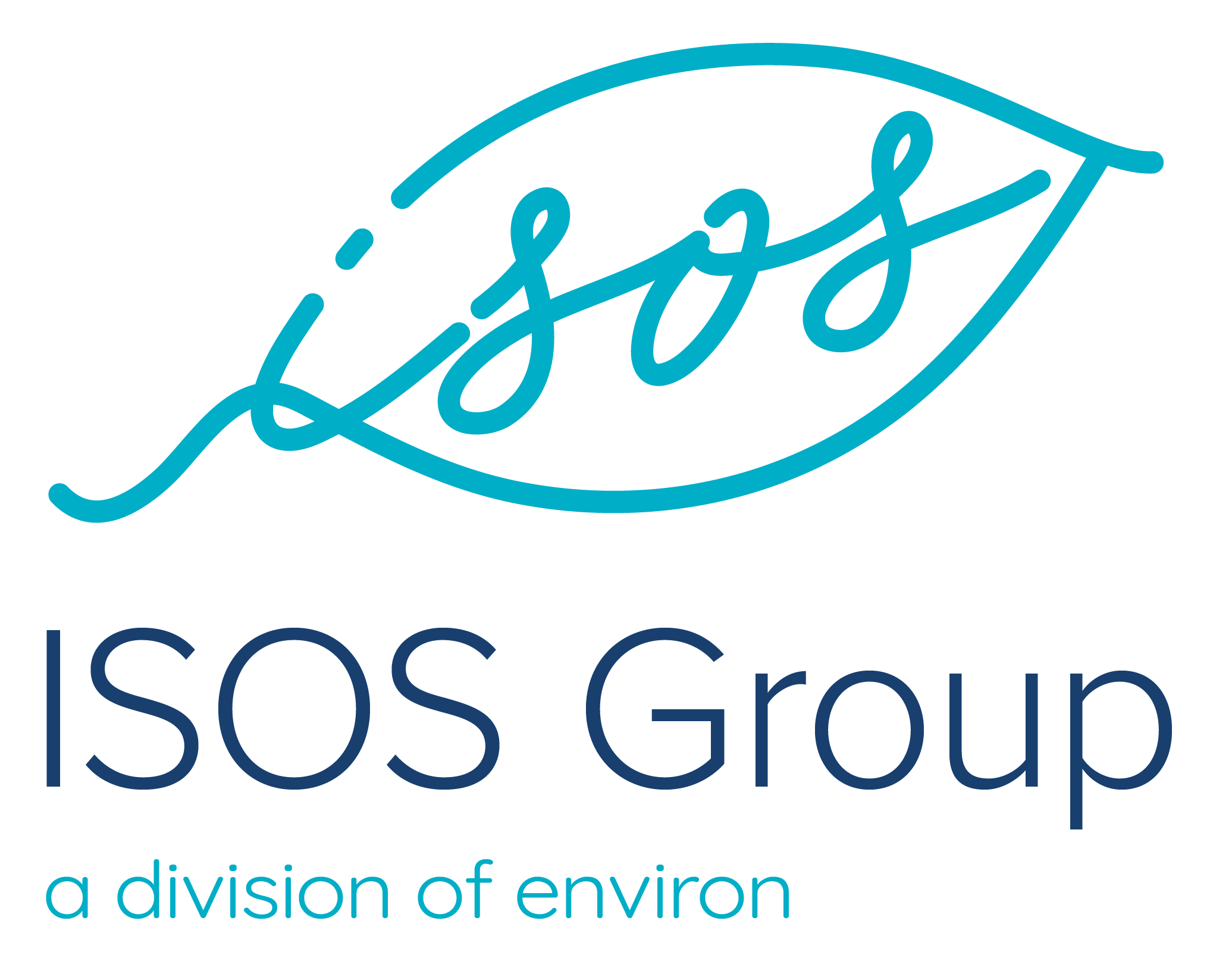
Insights
Insights
For the third installment in our blog series, Navigating CSRD: A Comprehensive Series to Guide Sustainability Professionals, we dive deeper into key technical challenges practitioners may encounter during double materiality assessments (DMAs).
In the second installation of our CSRD series, we cover the key aspects of CSRD compliance which include establishing proper governance structures, conducting double materiality assessments, and developing robust data collection and reporting systems. The implementation process can be complex and time-consuming, requiring collaboration across various departments and potentially taking several months to years depending on the company's size and existing sustainability practices.
The European Union's Corporate Sustainability Reporting Directive (CSRD) is a significant framework for sustainability reporting that impacts EU-based companies and those in their supply chains. This directive presents both challenges and opportunities for companies seeking to comply with its extensive requirements, making it crucial for businesses to understand and prepare for CSRD implementation. We are launching a new CSRD series that will explore the impacts of CSRD and how companies can best prepare for it.
CDP has undergone significant changes for the 2024 reporting year, including the integration of climate, water, and forest questionnaires into a single document and alignment with evolving sustainability standards. Despite these changes, responding to CDP's questionnaire remains challenging, requiring organizations to adapt to new data requirements, technology platforms, and timelines. In this blog, we break down our insights from helping clients respond to CDP in 2024.
ISOS Group reflects on the 2024 assurance season, highlighting the importance of professional development, process enhancement, and regulatory compliance. We emphasize the need for familiarity with standards, thorough documentation, supplier engagement, and robust data management programs to improve sustainability reporting and meet growing regulatory demands.
There is a lot of confusion about what to name reports and many companies are concerned about anti-ESG backlash. In this piece, we answer the following questions:
What are the most common report naming conventions out there? How are they defined and how have they been used historically, what audience does each serve and what type of content should be included in each?
Are companies moving away from ‘ESG’ and ‘Sustainability’ due to the anti-ESG backlash?
What other global and strategic perspectives should companies consider when developing or naming their reporting efforts?
ISOS Group provides vital project management services in the field of sustainability consulting. With a focus on client care and delivering superior results, our consultants manage sustainability projects with an eye for education on regulations and reporting. We serve as trusted back-office support for many organizations, enabling them to focus on larger sustainability goals while we manage the intricacies of the project process. As sustainability reporting becomes increasingly complex, our robust tracking systems and expertise in navigating evolving regulations ensure successful project outcomes. At ISOS Group, your success is our success. Contact us today to learn how our project management capabilities can enhance your sustainability initiatives.
The decisions your company makes regarding sustainability can have a profound impact on your bottom line and on the world at large. To ensure well-informed decisions, we think it's time to reengineer materiality assessments to be more rigorous and easier to audit down the road. Our approach introduces a healthy dose of objectivity, ensuring your sustainability efforts are truly impactful. In this blog, we lay out our six key recommendations regarding materiality assessments.
Sustainability professionals know that there is an increasing demand for environmental, social, and governance (ESG) skills and training. Multiple factors, including investor demand, mandatory sustainability reporting, and regulations, are driving the need for ESG expertise. The lack of ESG expertise and resources is a top concern for many companies, leading to a growing demand for training.
The sustainability landscape is continuously evolving, and while having sustainability data assured used to be a “nice to have,” it is soon to become the standard for environmental, social and governance (ESG) reporting. Investors, regulators and other stakeholders, including customers and employees, are paying even more attention to organizations’ ESG disclosures and performance. At ISOS Group, we apply AccountAbility’s Assurance Standard, AA1000AS v3, which was specifically developed for assuring sustainability data. This standard applies system-level and metric-specific approaches to sustainability assurance. We walk through our approach and recommendations in this blog.

Quarterly Newsletter











